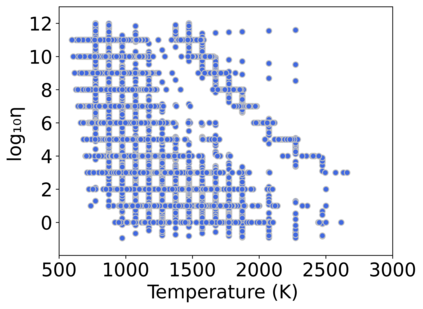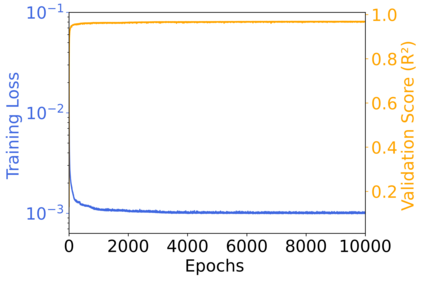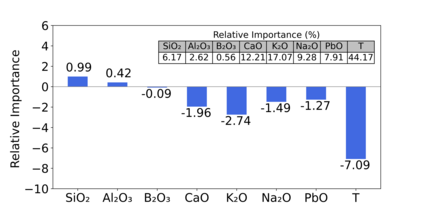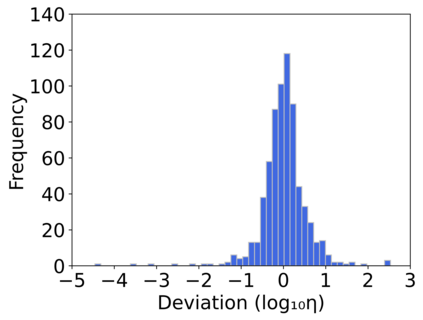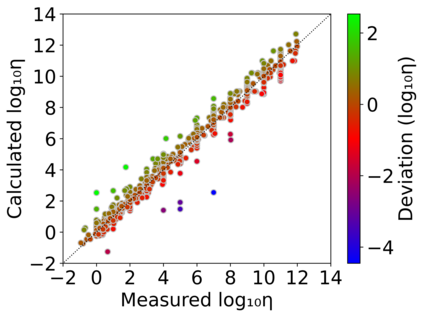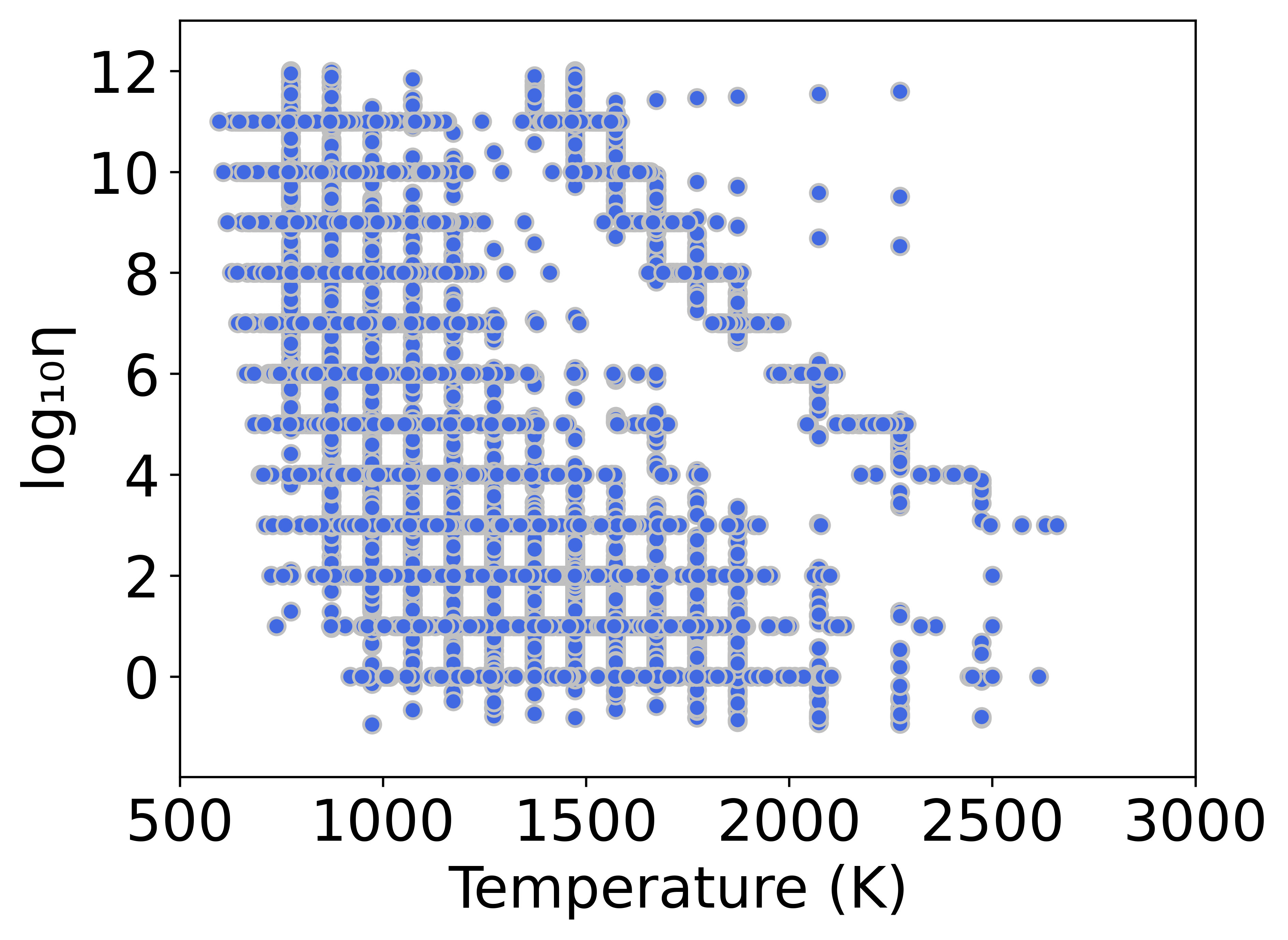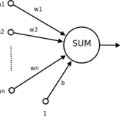The viscosity of lead-containing glasses is of fundamental importance for the manufacturing process, and can be predicted by algorithms such as artificial neural networks. The SciGlass database was used to provide training, validation and test data of chemical composition, temperature and viscosity for the construction of artificial neural networks with node variation in the hidden layer. The best model built with training data and validation data was compared with 7 other models from the literature, demonstrating better statistical evaluations of mean absolute error and coefficient of determination to the test data, with subsequent sensitivity analysis in agreement with the literature. Skewness and kurtosis were calculated and there is a good correlation between the values predicted by the best neural network built with the test data.
翻译:含铅眼镜的粘度对于制造过程具有根本重要性,可以通过人工神经网络等算法预测,SciGlass数据库用来提供培训、验证和测试化学成分、温度和粘度数据,用于建造隐藏层有节点变化的人工神经网络,用培训数据和验证数据构建的最佳模型与文献中的其他7个模型进行了比较,表明对测试数据中度绝对误差和确定系数进行了更好的统计评估,随后根据文献进行了敏感度分析。

